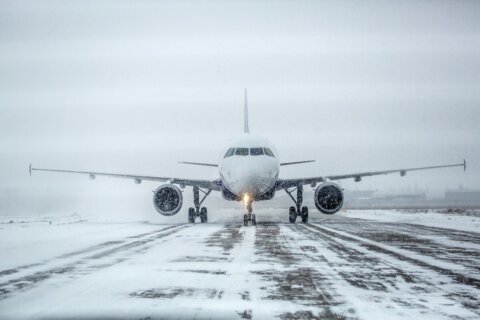The summer of 2022 was marked — and is still being marked — by exploding travel demand and record numbers of flight delays and cancellations. In many cases, airlines remain overscheduled and understaffed, and millions of passengers were stranded.
To cope with the situation, airlines are making the decision to only fly the routes they can physically support — while simultaneously trying to satisfy passenger demand. In 2021 and 2022, airlines had announced dozens and dozens of new routes and destinations, mostly in the continental U.S.
In any given year prior to 2022, Southwest Airlines — on average — might have added one new destination to its schedule. In 2021-2022, the airline announced more than three dozen. Jet Blue had announced 29 new routes. Delta weighed in with about two dozen. The airlines were trying to quickly respond to the rapidly increasing demand by travelers at the very same time they didn’t have the employees to operate the flights to support that demand.
And then, one by one, the airlines canceled almost all of them. They clearly did not have the staff to support the original routes they already had. The chaos of this summer was the result.
As these airlines try to stabilize their schedules, they’re turning to overseas flights to make that happen.
If airline executives learned one thing during the pandemic, it’s that travelers were looking to fly to new and different destinations with baked-in social distancing, and not the usual location suspects.
And as we enter the fourth quarter of 2022, the major U.S. airlines are now focusing on many of those long-haul international destinations.
Delta has announced new flights from Atlanta to Capetown and from Los Angeles to Tahiti.
American has announced new routes for this year and next year — from New York to Doha, Qatar, and from Seattle to Bangalore, India.
And United has doubled and tripled down across the Atlantic, scheduling flights from Newark to Nice, France; the Azores; Bergen, Norway; Palma de Mallorca and Tenerife, in Spain and from Washington, D.C. to Amman, Jordan. In doing so, United became the largest transatlantic airline in the world — bigger than British Airways, Lufthansa Group and Delta, for example — and United now serves 25% more destinations across the Atlantic Ocean than American and Delta combined. And the airline also increased service between Chicago and Zurich and Milan, as well as Denver to Munich and Boston to London.
What this means is that all these airlines are relocating and repositioning their assets, and assigning larger capacity aircraft to fly these routes. The losers here, in many cases, are secondary U.S. cities that are losing service.
What about airfares? As with the launch of any new routes, Delta, United and American are offering discounted fares on these new cities, especially during the fourth quarter, when traffic is historically lighter. But what they’re really doing is preparing for what they project will be a record number of passengers next summer across the Atlantic.







